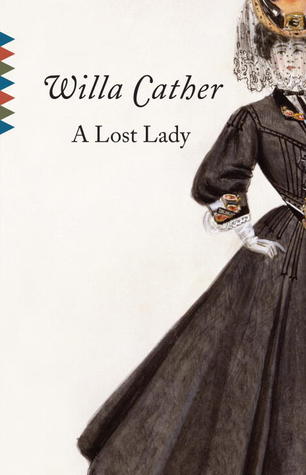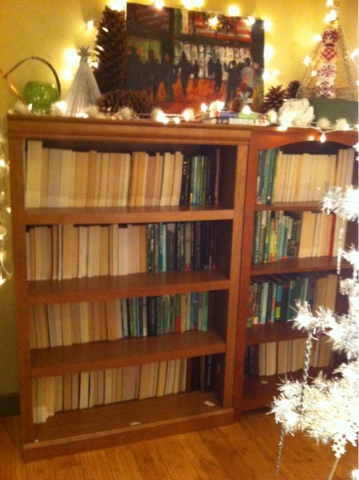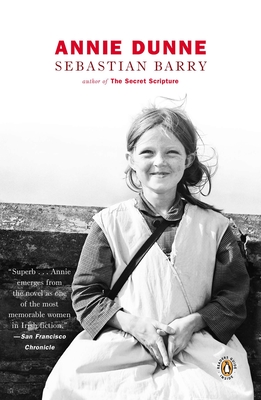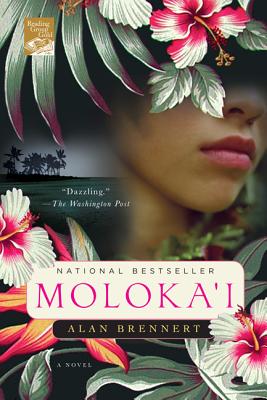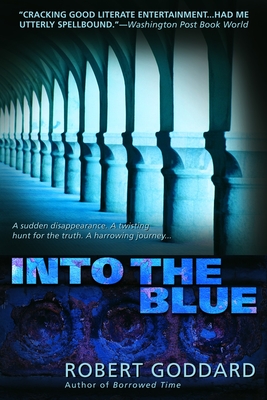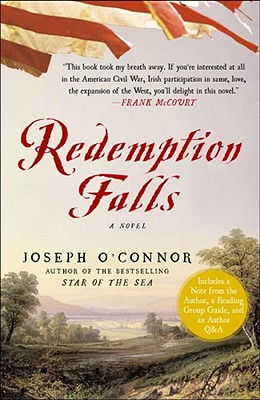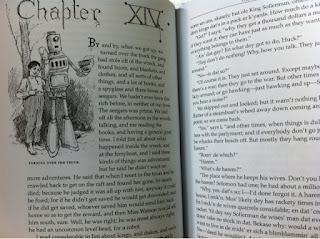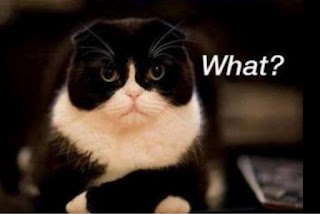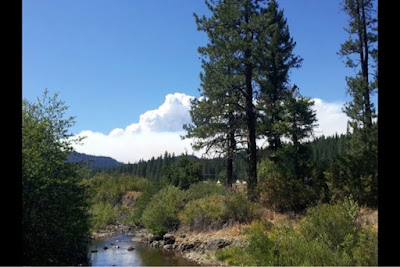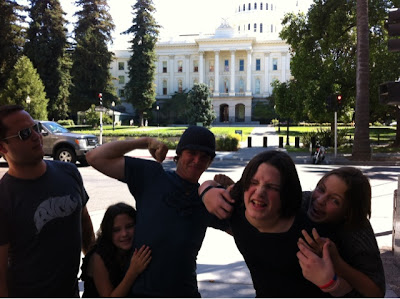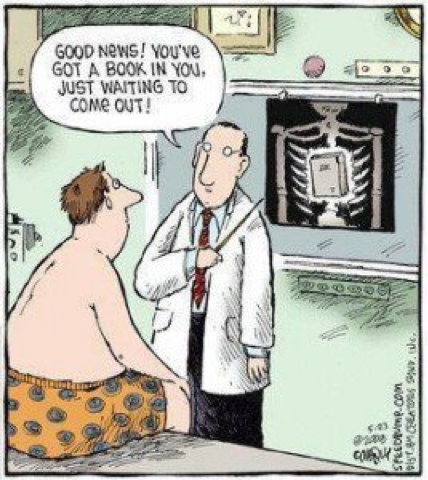 Whether you've shied away from Austen or read every one of her works, whether you love her wit or despise her topics, whether she's on one of your To Be Read lists or not, you'll fit in splendidly with the group reading Persuasion at Unputdownables. There's quite a diverse crowd ready to begin 2013 with my favorite Austen novel, so discussion should prove interesting and lively. Do join!
Whether you've shied away from Austen or read every one of her works, whether you love her wit or despise her topics, whether she's on one of your To Be Read lists or not, you'll fit in splendidly with the group reading Persuasion at Unputdownables. There's quite a diverse crowd ready to begin 2013 with my favorite Austen novel, so discussion should prove interesting and lively. Do join!Making this read along even more exciting is the most recent addition to my library: the annotated edition of Persuasion. (swoon) I am SO looking forward to bugging you all with that extra information you never knew you wanted to know.
 |
| Title Page of first edition (via Wikipedia) |
This book contains some of my closest literary friends (Admiral and Mrs. Croft) and some of those Love to Hate characters (namely Anne's sisters) but for all that, I cannot pretend that the book is perfect. Austen has a propensity for abrupt and tidy endings, and there is a bit of the plot that isn't nearly as clear nor as engaging as the rest of the book. Still, I adore it—idiosyncrasies and all— as I do any old friend that makes me feel so well understood.
Next week I shall post on the first quarter of the book, which means that now is the time to discuss the introductory material (with much credit due to Robert Morrison, editor of my edition). One thing I've come to find in reading the classics is that they improve greatly upon learning some of the background.
- Charlotte Bronte thought Austen completely ignored passion, choosing to focus on propriety. Wit, no substance? I've always felt the opposite--Austen might not flagrantly describe passion (not proper and all that) but that doesn't mean she isn't acknowledging its presence. On the contrary, it makes the story that much more layered. As readers, we feel confined by the Regency Era propriety that Austen describes, and yet we know that her heroines were human, passions and all. It leaves something to the imagination, and provides a basis for sympathy and something for your mind to ponder. That notwithstanding, Persuasion is the most openly passionate book she wrote.
- Necessary background to this story is the French Revolution and the Napoleonic Wars with which Britain was involved. While everything was purported to be in order and status quo in the upper echelons of society, the political climate was an ever present reality. As Persuasion has vital characters that are very much involved in the Royal Navy, it is even more vital to the story than in Austen's other books. Jane began writing Persuasion on the same day the Times announced that Napoleon was to be sent into exile to St. Helena, and the story takes place during the time that Napoleon was confined on Elba.
- The romantic poets (Austen's contemporaries) play a large role in Persuasion. Not only in form, strategy, and descriptions, but most notably when Anne and Benwick discuss Walter Scott and Lord Byron. I'm not much of a poetry connoisseur, so I can't comment much on that, but I find it interesting that in the novel Anne admonishes Benwick to refrain from reading so much impassioned poetry—not because they lack in truth or that vital connection—but because they will not help him heal from his broken heart. How do you think this might relate to my first bullet-point above?
- Austen is the Regency Era's version of a feminist, absurd though it may seem. True, she writes of love and 'good matches' but (especially in Persuasion) she doesn't let the system off easily. The social structure that requires women to marry well (or be a burden) is one issue, but the other issue Austen addresses here is the common view of female behaviour, and how women do nothing to help the situation. Throughout the book women do themselves a disservice by displaying performative, affected, and sentimental behaviour when they should rightly be showing their intelligence and truth of feeling instead. In an age when female conduct was expected to be simpering and frail, Austen made quite the statement by her derision of strict male/female boundaries in daily duties (including her assertion that women were perfectly capable of managing life at sea.) Somehow, this also makes me think of the first point made above.
*The above edition notes that "Jane Austen completed Persuasion in July 1816, but within three weeks she had rejected her final two chapters and replaced them with three new ones." It was published in December 1817, five months after Austen's death. If she had lived, it is likely that the title would have been "The Elliots."
